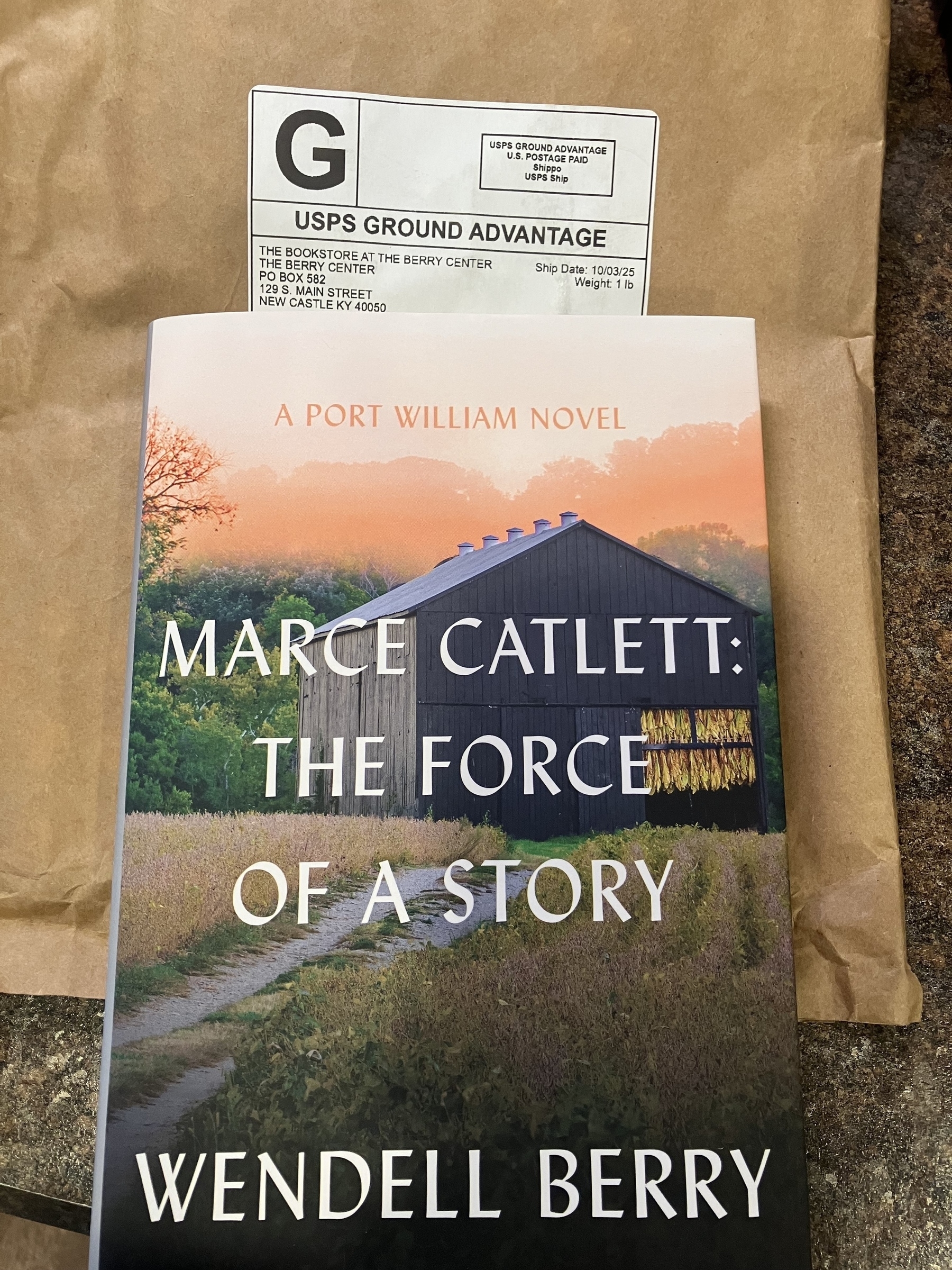I’ve found myself referring to the notes and bibliography of Finding Lights in a Dark Age even more than usual. One entry in the bibliography that grabbed my attention today: Ramp Hollow: The Ordeal of Appalachia by Steven Stoll.
So is The Cotton Patch Evidence by Dallas Lee the book to read if I want to learn more about Clarence and Florence Jordan and the Koinonia Farm?
When I’m looking through the library catalogue for books on the Amish, it’s very annoying to have to filter through all the bonnet rippers .
Update on my Anabaptist reading
Currently reading: The Amish Way by Kraybill, Nolt, Weaver-Zercher Finished reading: Against the Wind: Eberhard Arnold and the Bruderhof by Markus Baum. Engaging biography. Will be reading more about the Bruderhof. Becoming Anabaptist by J. Denny Weaver. Focused on the Reformation era. Historical books often lose my interest (my fault, not theirs) but this one did not. Future plans: More by Kraybill The Politics of Jesus by John Howard Yoder.
On my morning commute (i.e., walking a few blocks to work!), I’ve started listening to Remembering Peasants by Patrick Joyce. I think this is going to be a good one.
I’m honestly a bit surprised how much I’m enjoying this biography of Eberhard Arnold, founder of the Bruderhof. To be fair, it’s a friendly biography. Still, he’s an interesting guy.
I wanted to learn a bit more about the archangel Raphael so I read the book of Tobit today, which I had not read before. What a wonderful story! Sparrow droppings and fish guts and even a dog!
Finished reading: Angels in the Cellar: Notes from a French Vineyard by Peter Hahn. I cannot recommend this beautiful book highly enough. Every page was a joy to read. Special thanks to @JohnBrady for sending it to me.
Fresh from Henry County, Kentucky

My friend and neighbor has a new book out today: Orthodox Saints of Wales